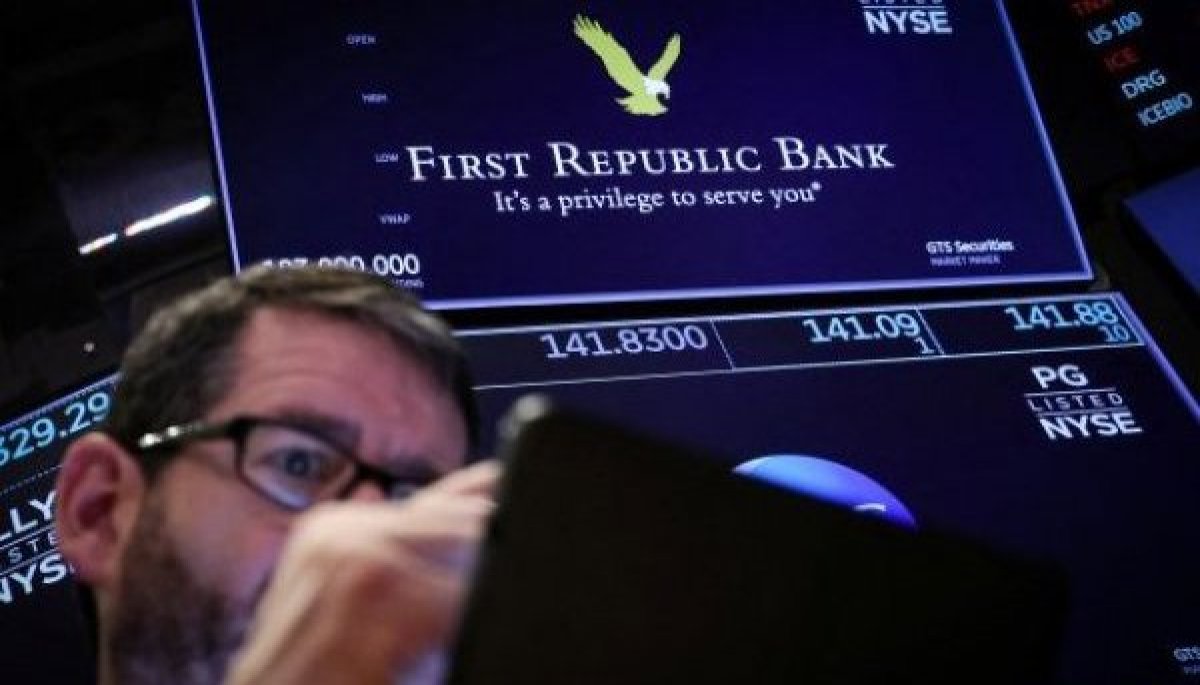In the first three months of the year, First Republic Bank customers withdrew more than $100 billion (£80 billion) from their accounts due to worries about the state of the world financial system.
According to the US bank, since December’s end, deposits have decreased by more than 40%.
It follows yesterday’s disclosure by Swiss banking behemoth Credit Suisse of the size of the bank run that prompted its state-backed bailout last month.
Fears of a sector crisis have grown as a result of a string of bank failures.
Neal Holland, First Republic’s CFO, stated that “with the closure of several banks in March, we experienced unprecedented deposit outflows.”
“We are working to restructure our balance sheet and reduce our expenses and short-term borrowings,” he continued.
First Republic also announced that it would be reducing costs by 20% to 25% by laying off employees in the upcoming months.
Following the revelation, the bank’s stock plunged more than 20% in extended trading in New York.
A number of significant US banks invested $30 billion in First Republic last month; the company had been viewed as having a high failure risk.
While the banks, led by JP Morgan and Citigroup, said the step showed their “confidence,” US authorities hailed the decision as “most welcome.”
The 16th-largest lender in the US, Silicon Valley Bank, fell earlier last month, marking the greatest failure of a US bank since 2008. This brought attention to issues in the banking system in the US.
The fall of New York’s Signature Bank came two days after that.
In an effort to stop future runs on bank deposits, authorities intervened to guarantee deposits above customary limits.
Credit Suisse, the largest bank in Europe, reported on Monday that 61.2 billion Swiss francs ($69 billion; £55.2 billion) had left the bank in the first three months of the year.
Prior to the conclusion of its forced sale to rival UBS, the statement was made during what were anticipated to be its final financial reports.




Leave a Reply